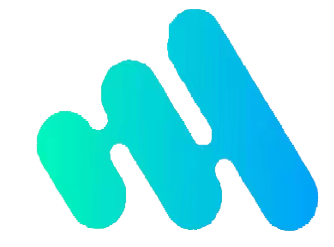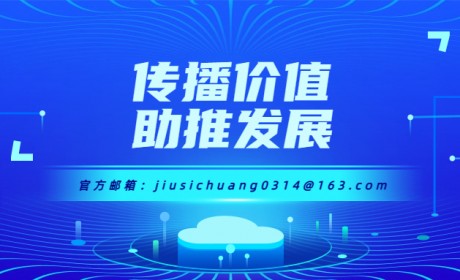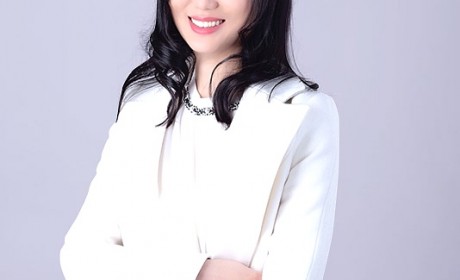比特币基金会Peter Vessenes:EOS、Etherium等区块链社区放弃了乌托邦梦想
比特币基金会联合创始人Peter Vessenes
Peter Vessenes here. I wanted to talk about things that own themselves. It was on my list from a couple times ago that we haven't talked about. So this is a super interesting idea that only people with some blockchain experience seem to understand. We are used to humans owning things and governments owning things, which are controlled by people. A thing that owns itself sounds like a tautological concept. What does that mean?
我是Peter Vessenes ,我想谈谈那些自我拥有的事物。
这个想法在我的清单上很久了,我一直没有谈。这是一个非常有趣的想法,只有有区块链经验的人才能理解。我们习惯了人类拥有事物,政府拥有事物,这些都是由人控制的。自我拥有听起来像是一个同义反复的概念。它是什么意思?
There have been some interesting court cases in the US that I think relate to this idea societally. There was this one test case about a lake and whether or not inhabitants on the lake could bring a lawsuit on behalf of the lake because the lake was being polluted.
在美国,有一些有趣的法律案例,与自我拥有的这个观点有关。美国有一个湖的案例,这个湖泊被污染了,这个湖泊周边的居民能否代表这个湖提起诉讼?
This is a pretty interesting idea. Partly an end-run around of how the US legal system works. From my understanding of it, from these homeowners’ perspective, their lakefront is not that great anymore - fish are dying and it's kind of gross. None of them have enough harm on their own to have standing against a factory across the lake really, so what this community group did was band together and I think formed a nonprofit that purports to represent the lake. That nonprofit sued polluters on behalf of the lake. There was a set of legal appeals by the polluters which they eventually lost. So in this part of the US, I believe it was the midwest, it’s ok to say something to the effect of “I represent the tree.”
这是一个非常有趣的想法,在一定程度上是对美国法律体系运作方式的终极反思。从我的理解来看,对这些房主来说,他们的湖滨不再那么美好——鱼正在死亡,这有点恶心。他们中没有一个人有足够的能力来对抗湖对面的工厂,所以这个社区团结起来,成立了一个声称代表湖泊利益的非盈利组织。这个非营利组织代表湖泊起诉污染者。污染企业提出了一系列法律申诉,但最终败诉。所以在美国中西部,说一些类似“我代表这棵树”的话是可以的。
That’s pretty interesting actually and I would expect it will have an impact on legal discourse in America: what things can you represent and under what circumstances? With smart contracts and blockchain, you can go one more level right away. It’s perfectly possible right now for a car or drone or a forest to trigger a message out to something that takes care of it or moves it around or something like that. No one’s really spent very much time on the this now; it's like a thing futurists say in talks but it's not a thing entrepreneurs or innovators seem to be working on that I know of. I think that's probably because they just need better, or more interesting use cases. I think there’s a little bit of a utopian dream has bled out of the side of the blockchain community that’s focused on these rich interactions and programmability, so EOS, Etherium, that group.
这些案例很有趣,我希望它能对美国的法律产生影响:你能在什么情况下代表什么?有了智能合约和区块链,这个概念可以进一步拓展。现在,汽车、无人机或森林完全有可能触发一条信息,发送给某个负责处理或移动它的东西。现在没有人关注这件事;未来学家可能会谈论,但据我所知,还没有企业家或创新者研究这件事。我认为他们只是需要更好的,或者更有趣的应用。我认为那些专注于丰富交互性与可编程性的区块链社区放弃了一点乌托邦的梦想,比如EOS, Etherium。
I’ve been thinking about the DAO recently and there’s a very exciting book being put together by Bloomberg reporter, Matthew Leising, about the DAO - the DAO hack and how it went and all of that. I think that will be fun for people to read and I’m excited to read it.
最近我一直在思考DAO,彭博社的记者Matthew leise正在整理一本关于DAO的书,非常精彩——讲述了DAO的黑客攻击如何进行等等。我认为这本书很有趣,我很兴奋。
As we were talking about the book, I was just reminded about that era. The DAO was this ambitious idea, where this thing is going to get together and kind of own and control itself and determine all the interactions that outside people and money can have with it. The DAO was hacked and it was a lot of drama and I think, in response, the community decided they had to work on simpler use cases first. I think they also gave up some of their utopian dreams for new ways of interacting - economically, practically, all that. I think that’s too bad. I’d like to see people get back to that and be inspired by projects like that again.
当我们谈论这本书的时候,我想起了曾经的时代,DAO包含一个雄心勃勃的想法,事物会聚集在一起,拥有并控制它自己,并决定所有外界的人和金钱与它进行的互动。DAO被黑客攻击,这是一个很戏剧性的事件。作为回应,社区决定必须首先处理更简单的应用。我认为,他们也放弃了一些乌托邦式梦想,转而寻求新的互动方式——经济、实际的方法。我感到很遗憾,我希望人们回到过去,再次受到类似项目的启发。
One area that could happen is on objects that own themselves, so I'll talk about that more another time.
事物可以拥有自主权,这个领域可能被开发。下次我会更多地讨论这个。

 浪花财经
浪花财经




